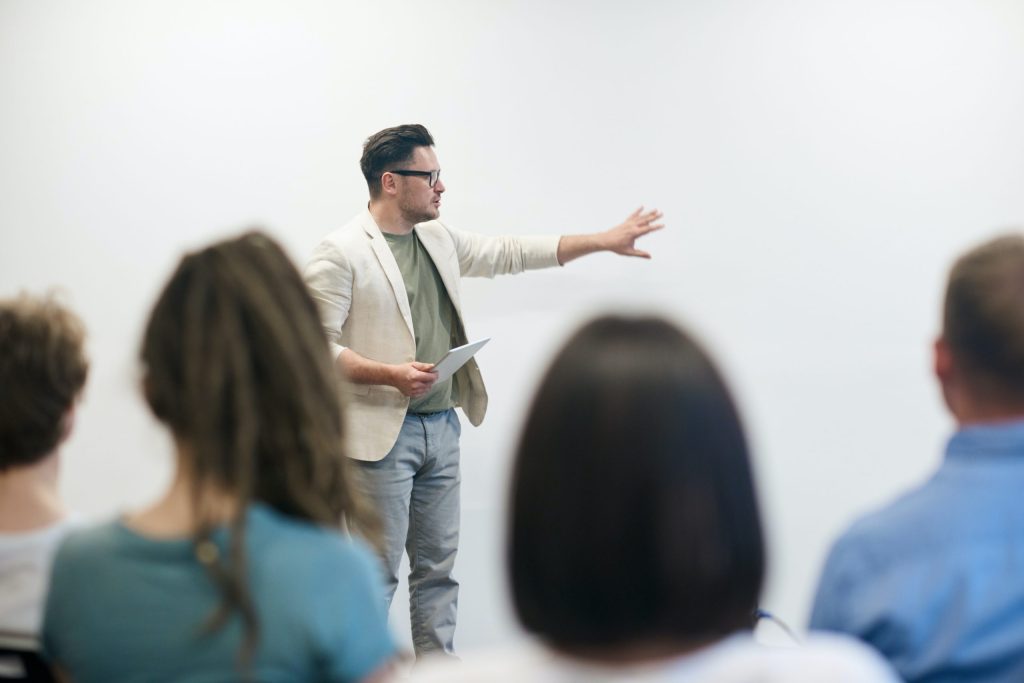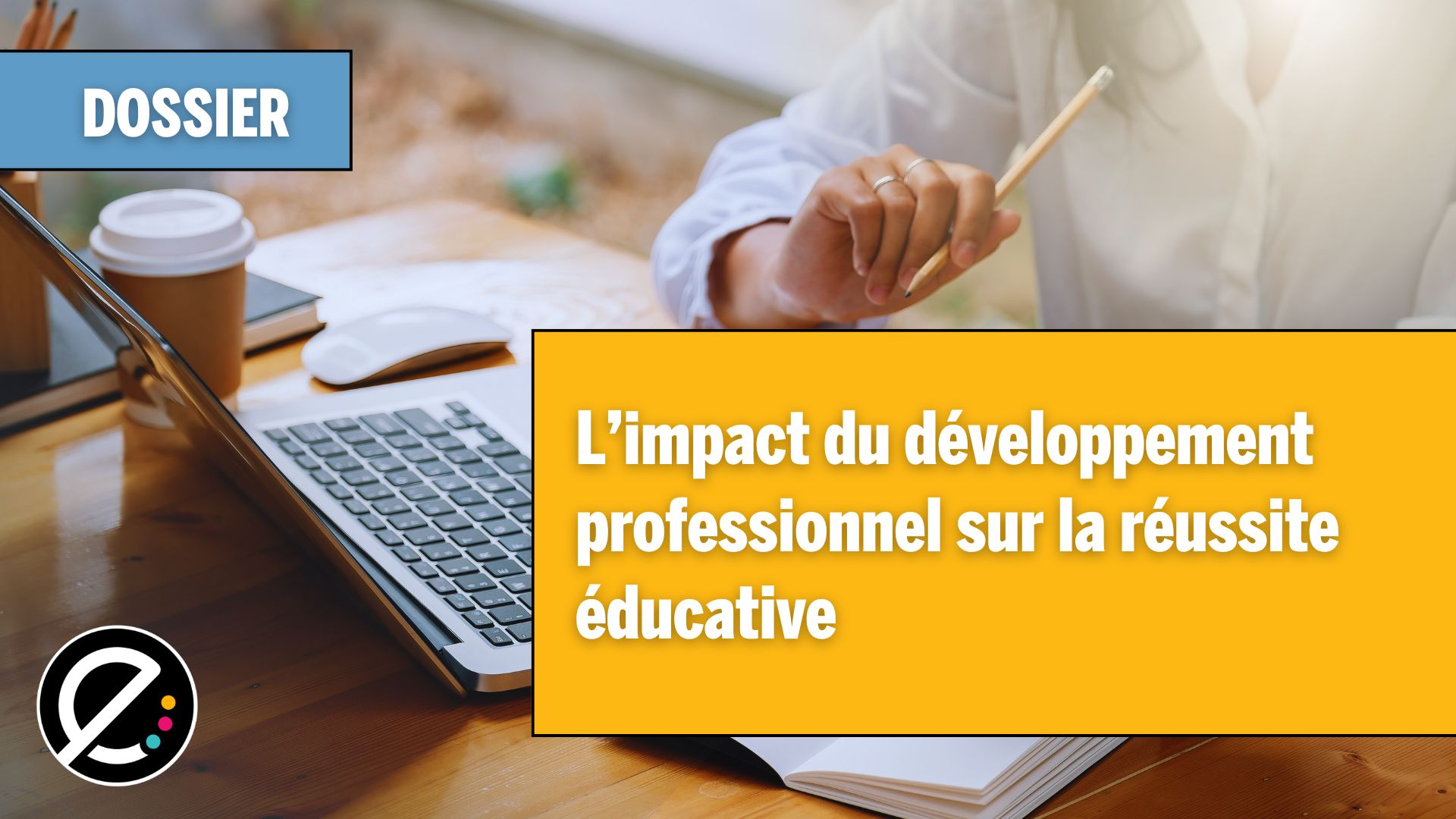Par Frédérick Guillaume Dufour, Université du Québec à Montréal (UQAM)
Dans un contexte où plusieurs observateurs constatent un recul de la démocratie à travers le monde, un cours d’éducation à la citoyenneté est une initiative qui doit être saluée. Frédérick Guillaume Dufour, professeur au Département de sociologie à l’Université du Québec à Montréal, explique pourquoi dans un texte paru sur La Conversation. Nous reproduisons un extrait avec son autorisation.
L’importance de la citoyenneté comme lien social
La société québécoise, comme toute autre, est traversée par des enjeux complexes. Il ne manque pas de thèmes auxquels les jeunes pourront être amenés à réfléchir en lien avec la citoyenneté. S’ils peuvent le faire dans un cadre pédagogique approprié, il est difficile de trouver des raisons pour s’y opposer.
Mais la citoyenneté et les sentiments vécus qui découlent du fait national sont deux choses différentes. La citoyenneté est garantie par l’État de droit et vice versa. Les sentiments vécus qui découlent du fait national, eux, aussi forts et réels soient-ils, restent subjectifs. Un cours sur la citoyenneté doit porter sur ce qui entoure l’institution et la pratique de la citoyenneté, non pas faire mousser les sentiments subjectifs entourant le nationalisme vécu.
La citoyenneté est à la fois le lien social le plus important, le plus abstrait et le plus fragile pour un régime démocratique. Fragile, parce qu’il requiert que l’on adhère à des règles de droit, non pas nécessairement parce qu’on les aime, mais parce qu’on considère le processus à partir duquel elles sont établies comme plus légitime que le recours à l’arbitraire ou à la violence. Abstrait, parce que comme la santé, la citoyenneté est ce que l’on prend pour acquis quand elle nous accompagne, mais que l’on regrette lorsque l’on en est privé. Important, parce qu’elle est le maillon du lien social qui tient les autres en place.
C’est grâce à la citoyenneté que l’on peut faire et défaire les autres liens sociaux dans le débat démocratique et non dans le recours à la violence.
Transmettre des savoirs sur des enjeux complexes
Sur le fond, un tel cours devra aborder les thèmes classiques et actuels de la sociologie de la citoyenneté : les institutions, les mouvements et les processus à travers lesquels s’est développée et se pratique la démocratie au Québec et au Canada. On pense au développement de l’État de droit, mais aussi aux droits et libertés et à la division des pouvoirs et champs de compétence. Il est essentiel de rappeler au moyen des sciences que le contexte dans lequel ces institutions se sont développées au Québec n’est pas le même qu’en France ou aux États-Unis.
Il devra aborder les composantes civiques, politiques et sociales à travers lesquelles on étudie la citoyenneté depuis les travaux du sociologue britannique T.H. Marshall. Ces dimensions se sont développées à un rythme spécifique au Québec et de façon différente pour les hommes, femmes, propriétaires, ouvriers, Canadiens-français, Anglais, Premières nations, Innus, Juifs, etc. Encore une fois, il existe des savoirs empiriques concrets pouvant être transmis sur ces questions.
Nous sommes également en droit de nous attendre à ce qu’un tel cours aborde des enjeux brûlants d’actualité : l’écocitoyenneté, la citoyenneté à l’ère numérique, les sexualités et le consentement, le pluralisme, la déconfessionnalisation, la laïcité et les phénomènes de radicalisation. Les parents connaissent l’importance de ces enjeux et il se fait une recherche de pointe sur ceux-ci en sciences sociales au Québec.
Ce cours exigera que les enseignants reçoivent une importante formation notamment en sociologie, en science politique et en histoire. On demandera ici aux enseignants d’encadrer et de transmettre des savoirs sur des enjeux sur lesquels même les adultes ont beaucoup de difficultés à débattre. Il faudra leur donner du temps, un accès à de la formation et reconnaître la complexité de la tâche qu’ils ont à accomplir.
Qu’en est-il de la composante culturelle annoncée dans le cours ?
À première vue, on peut se demander pourquoi une dimension culturelle est intégrée à un cours d’éducation à la citoyenneté, plutôt que dans un autre cours.
Or, il faut se rappeler que ce n’est pas d’hier que des sociologues de toutes tendances, de Jean‑Charles Falardeau à Gérard Bouchard, ont eu recours à des œuvres littéraires pour faire revivre des contextes de transformation des pratiques citoyennes au Québec. Si les sociologues ont reconstruit les structures politiques et économiques du Québec des années 50, un roman comme « Bonheur d’occasion » est extraordinaire pour reconstituer la vie des Canadiens-français au sein de ces dernières. Il faut aussi se rappeler que la démocratisation de l’accès à l’éducation publique et à la culture ont été des matrices fondamentales apportées par la Révolution tranquille.
Ici, à nouveau, il faudra faire confiance aux enseignants, respecter leur liberté académique, baliser et non imposer, et faire place à des œuvres moins connues comme aux œuvres canonisées. Gabrielle Roy, Louis Hémon ou Jacques Ferron, bien entendu, mais aussi An Antane Kapesh ou Naomi Fontaine ont leur place dans cette réflexion.
Ni fierté, ni honte : un parti pris pour la démocratie
En somme, ce cours doit-il chercher à exalter la fierté nationale ou, au contraire, à faire de la honte et de la pénitence le tissu du lien social ? Ni l’un, ni l’autre.
Si la citoyenneté peut générer de la fierté, son exaltation n’est pas ce que son enseignement doit rechercher. L’objectif d’un tel cours devra être sobre : transmettre une explication et une compréhension de l’origine et du fonctionnement des institutions garantissant la citoyenneté au Québec et au Canada.
Si un tel cours ne doit pas viser à susciter de la fierté, doit-il chercher à susciter de la honte ou l’intimité culturelle ? Non plus. La honte que partage un groupe d’individus liés par des liens historiques et culturels peut renforcer des liens sociaux entre eux, mais elle génère aussi des frontières à l’endroit des gens à l’extérieur du groupe.
La compréhension par empathie peut nous amener à comprendre des sentiments et des valeurs, mais ce n’est n’est pas la même chose que les ressentir. L’enseignant doit chercher à faire comprendre des points de vue opposés, mais il doit laisser aux manipulateurs et propagandistes l’objectif de les faire ressentir. La compréhension réciproque, qui n’exclue pas le désaccord, est essentielle à la démocratie. La mise en commun de la honte ou du ressenti, elles, ne doivent pas constituer le socle de la citoyenneté.
Si la fierté et la honte ne sont pas de bonnes conseillères, quels sentiments un tel cours devrait-il susciter ? Aucun, si ce n’est un parti pris pour la démocratie. Le cours doit viser à transmettre des savoirs, des méthodes et des compétences. Cette transmission engendrera inévitablement des sentiments, des malentendus, des questionnements et des nouvelles pratiques sociales et citoyennes. Mais ce n’est pas au législateur de donner une orientation politique à ces sentiments. Ce rôle reviendra à la société civile, comme il se doit, en démocratie.
Par Frédérick Guillaume Dufour, Professeur en sociologie politique, Université du Québec à Montréal (UQAM)
Cet article est republié à partir de The Conversation sous licence Creative Commons. Lire l’article original.






